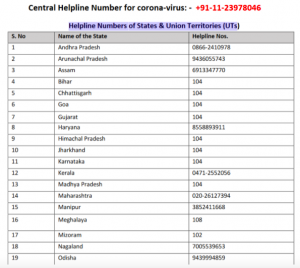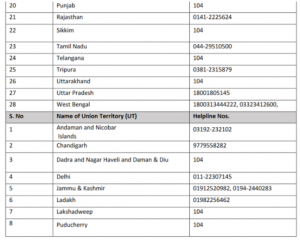Trigger Warning: This explainer contains information on violence and medical procedures which some readers may find disturbing.
Prompt and quality healthcare at a time of urgency can mean the difference between life and death. Article 21 of the Constitution of India, 1950 preserves the right to life all persons. This also extends to your right to access emergency medical care. All state governments have the duty to preserve the lives of patients seeking medical care. . Further, all medical professionals and doctors in both private and government hospitals have a responsibility and duty towards the health of the community.
No patient can be turned away from receiving emergency medical care if they cannot pay for it. Emergency care should be mandatorily provided and all standards of care and quality must be upheld while doing so. Doctors cannot put the life of a patient at stake while waiting for fees to be paid.
Duty to provide emergency medical care
It is their duty to first render emergency medical care before receiving payment. Other duties of doctors in case of emergency care are:
- No physician can arbitrarily refuse treatment to a patient. It can only be done if the physician is not qualified to treat the condition in which case the physician must refer the patient to another competent physician.
- While referral in the normal course is acceptable, in case of an emergency the physician should treat the patient
- A physician is free to choose when and who he treats. However, in case of an emergency, he must respond when called upon.
- Physicians should not neglect or withdraw from the case without giving prior and adequate notice to the caregivers of the patient
Emergency healthcare to victims of sexual violence
Emergency medical care to child victims of sexual violence has been guaranteed under the law .The same should be provided to them within 24 hours of receiving the complaint. A hospital, doctor or other medical facility providing such care cannot demand a legal order as a requirement for starting treatment. .Maintaining the privacy of the child and the child’s details is a duty of the doctor. Further, a parent or guardian who the child trusts has to be present for all the treatments.
In case of adult victims of sexual offences, all hospitals, whether public or private, have to provide first-aid or medical treatment free of cost. Hospitals are also required to immediately inform the police of such incident. Not following these rules will be punishable with jail time of up to one year and/or with a fine. When medical practitioners are treating a sexual assault survivor, the presence of a woman during the treatment and with the consent of the patient or her guardian are essential.
Emergency healthcare for abortions
If there is a need to conduct an immediate abortion to save a pregnant woman’s life, no matter how far along the pregnancy is (even if it is beyond the legally permitted period of 20 weeks), the doctor can conduct the abortion. Registered medical practitioner who do not have the required OB-GYN qualifications can perform abortions. Although this can only be done to save the life of the woman or the foetus. For example, if a woman who is 22 weeks pregnant was in a car crash, then a doctor can conduct an immediate abortion to save the woman’s life. The doctor will not be punished as they have acted in good faith.
Emergency healthcare for accidents
An accident victim can approach any hospital, public or private. The doctor on duty has to immediately attend to the injured person and render medical aid without waiting for any procedural formalities. Every government and private hospital is duty-bound to accept accident victims and patients who are in critical condition. The hospital cannot refuse treatment even if:
- The victim is not in a position to pay the fee or meet the expenses or
- There is no close relation of the victim available who can give consent for medical treatment.
The Supreme Court and the Ministry of Road Transport and Highways have made it easier for people to help victims of road accidents. Earlier, people hesitated to stop and help such victims for fear of the cumbersome medico-legal process. Realizing the adverse impact this can have on survival chances of accident victims, the Supreme Court gave effect to the Good Samaritan Law. .You can read more about it here.
If you need to help an accident victim, you can contact the National Highway Helpline at 1033. You can also report road accidents on the Sukhad Yatra App of the Ministry of Road Transport and Highways.

